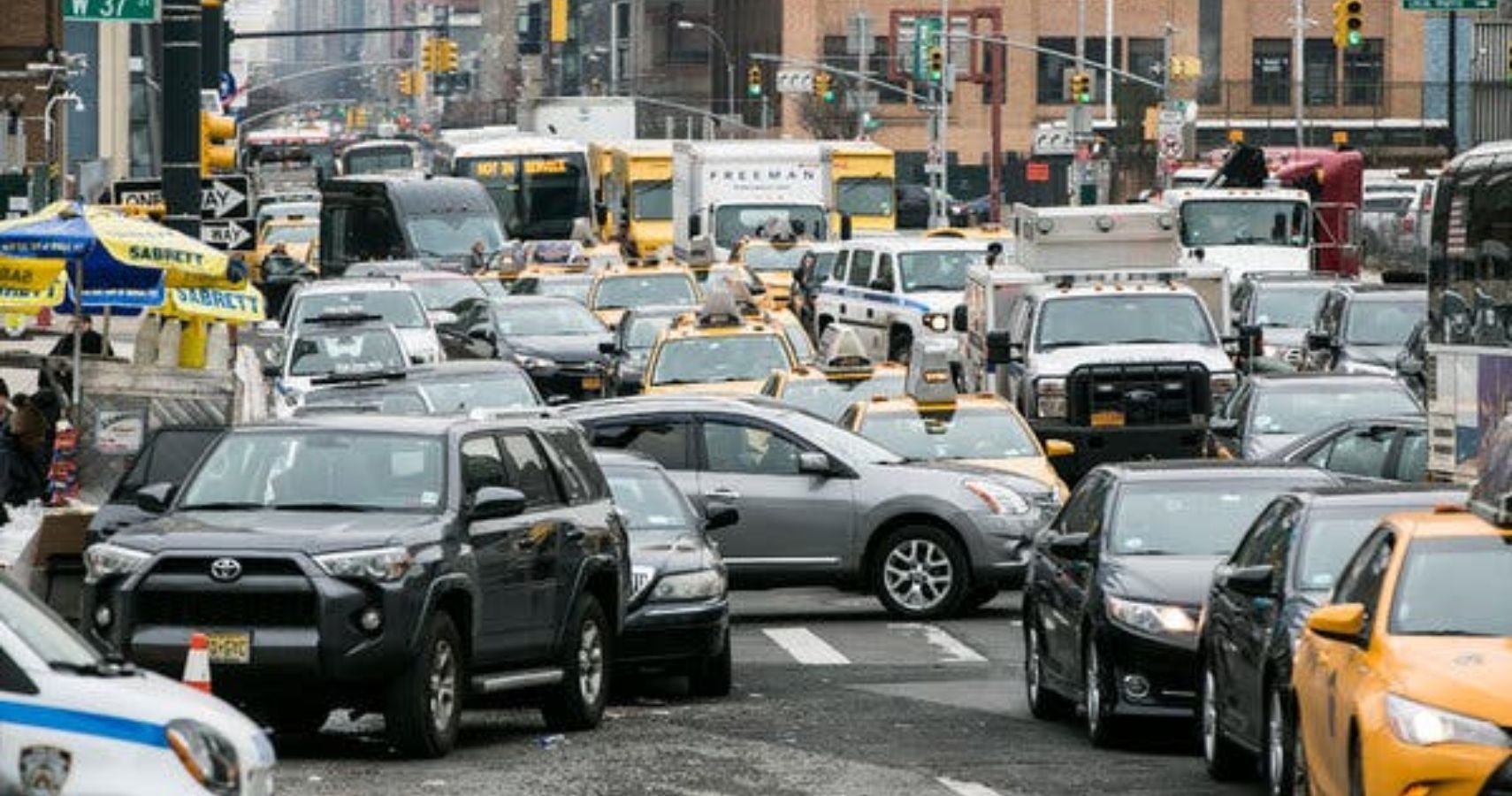Uber has sued New York City for implementing a new rule which limits the time drivers can spend cruising in high traffic areas of Manhattan without passengers as it claims that the state is attempting to undermine its model (via The Verge).
The lawsuit, which was filed on Friday, also looks to nullify a stipulation that bans new licenses to for-hire cars through to next August.
Mayor Bill de Blasio's spokesman Seth Stein says New York's Taxi and Limousine Commission is simply looking to protect New Yorkers from a company that is only concerned about profit, adding that the move will bring relief to congested streets.
The San Francisco-based company has been a subject of criticism in many cities, with claims of its cars increasing congestion and taking business away from taxis and other transportation services.
PREVIOUSLY: Uber Considering Offering Drivers Small Cash Loans, Drivers Don't Seem To Want It
"Extending the cap on the issuance of new (for-hire) vehicle licenses for at least the next year in tandem with the cap on cruising is not only legal, it will bring needed relief to congested streets and hardworking drivers," Stein explained.
The rise of ride-sharing companies like Uber and Lyft has seen the value of taxi licenses drop considerably but Uber is taking the city to task over the "cruising cap" which demands a 31 percent limit on the time drivers of who work for app companies can drive without passengers in Manhattan south of 96th Street. The rule makes it so that drivers would need to have passengers on board at least 69 percent of the time they're on the road.
New York's cruising rate was 41 percent in 2018; the new rule would have the max drop to 36 percent in February 2020 and 31 percent six months from then.
"The rule would threaten the viability of the ride-sharing model as it currently exists, jeopardizing the benefits this model has created for riders and drivers," a spokesperson for Uber said.
The company adds that it has been in support of reducing the congestion in Manhattan but the cap is based on "flawed and arbitrary" economics.
“Drivers’ flexibility is already being threatened by Mayor de Blasio’s regulations, and the cruising cap will only make that worse," the company says.
“This arbitrary rule used a flawed economic model, did not take into account how drivers are affected by previous regulations, is preempted by the state and was voted on despite the objection of City Council members and community groups.”


